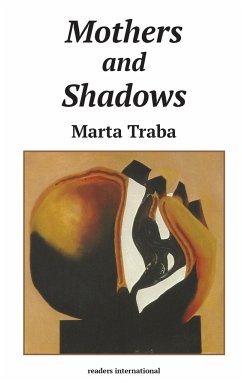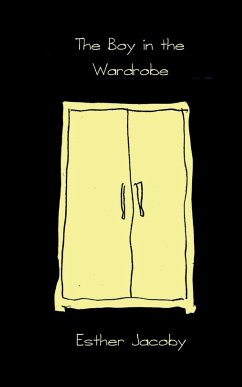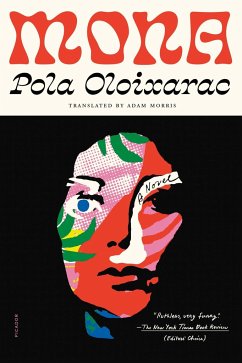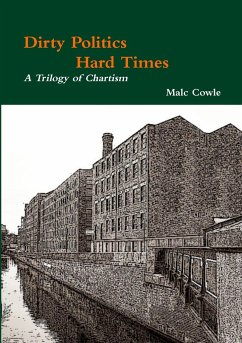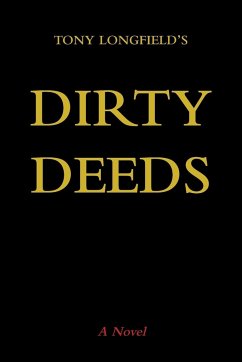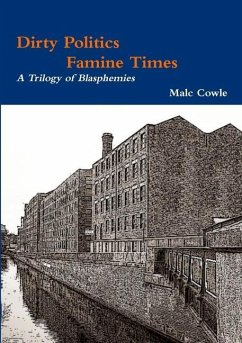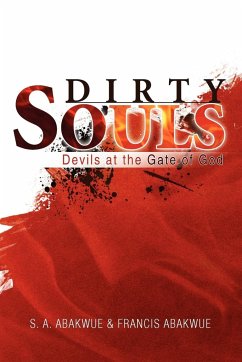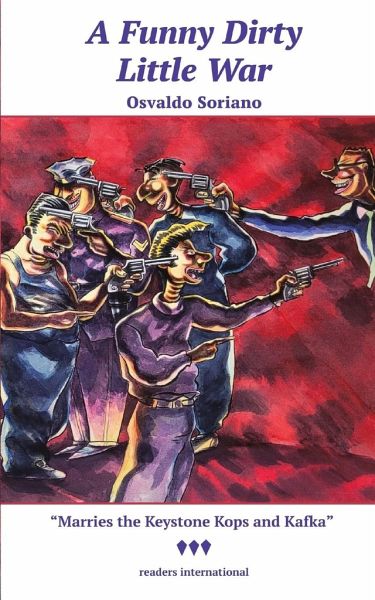
A Funny Dirty Little War

PAYBACK Punkte
10 °P sammeln!
"This fierce little novel tells the story of a political confrontation in a remote village in Argentina. Obscure differences between Peronist supporters and leaders escalate in a crescendo of violence to the final massacre. The characters, who with each event evolve from the comic and grotesque to the tragic, are observed by the author with a cool, dispassionate gaze, though in end we are left with a feeling of bitter pity. This is because, in spite of all their moral and mental wretchedness, in spite of the emptiness of their ambitions and fanaticism, they themselves are poor victims."Italo C...
"This fierce little novel tells the story of a political confrontation in a remote village in Argentina. Obscure differences between Peronist supporters and leaders escalate in a crescendo of violence to the final massacre. The characters, who with each event evolve from the comic and grotesque to the tragic, are observed by the author with a cool, dispassionate gaze, though in end we are left with a feeling of bitter pity. This is because, in spite of all their moral and mental wretchedness, in spite of the emptiness of their ambitions and fanaticism, they themselves are poor victims."Italo Calvino A Funny Dirty Little War marries the Keystone Kops and Kafka.





